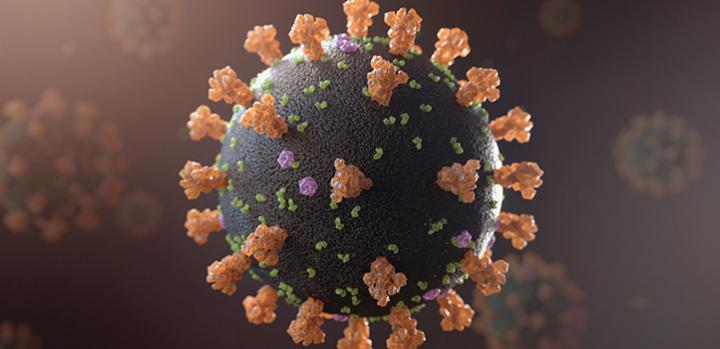When another coronavirus pandemic broke out, the third in 17 years, the government was so in love with its own bureaucracy they refused to send out COVID-19 testing kits early on until a hospital proved to the CDC that the patient needing testing for COVID-19 had COVID-19. Then the testing kits they made had faulty reagents and were useless. Finally, the White House intervened and told them to get out of the way so FDA gave emergency use authorizations to companies. FDA also streamlined two decades of costly bloat so vaccines could reach the public quickly.

Have we learned anything due to all that? Not really. A group of academics note that despite the US being the largest legal importer of wildlife, the Biden administration’s National Biodefense Strategy (NBS-22) is more about bioterrorism and laboratory accidents than zoonotic diseases - which just killed millions.
Drs. Ann Linder of Harvard Law School and Dale Jamieson of New York University note reasons for greater concern than the federal government is showing. In the latter part of the 20th century, the US led in zoonotic diseases. Despite that, we made navigating the FDA process more time consuming and expensive while protecting no more people. CDC during the 2010s made itself irrelevant to issues that matter unless it could ask Congress for more funding, like during the Ebola scare in Africa that was inconsequential here.
With 10 billion livestock processed, they note, a zoonotic disease event is going to be more common. We are seeing it in chickens and the H5N1 avian flu, with up to 58 million animals dead. Meanwhile, governments have only been worried that a chicken gets an extra few inches to move in, while railing against medicines in animals that save lives. It is not just chickens. At state and county fairs, up to 18 percent of hogs have tested positive for swine flu.
What we now know does not work is government agencies with their own fiefdoms who create processed and roadblocks to maintain political authority - government silos competing against each other for funding and therefore unwilling to cede any responsibility. NBS-22 gives service to the idea but does not actually implement anything like it.
Given that reality, and the only ones denying it are the people comfortable in their government silos, the authors advocate to "create a high-level process for integrating the broken mosaic of multiple agencies, with their unclear and sometimes competing mandates" and ordinarily another government layer would be a bad thing, but the patchwork approach has failed us, so perhaps a reorganization is the only way to go.




Comments